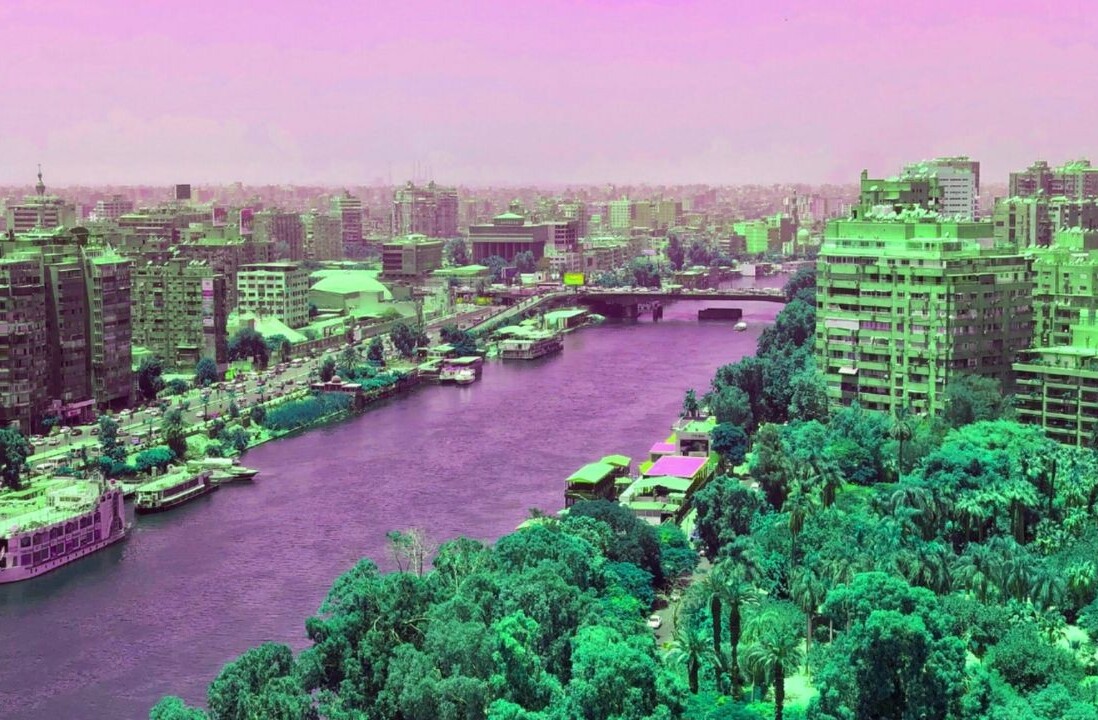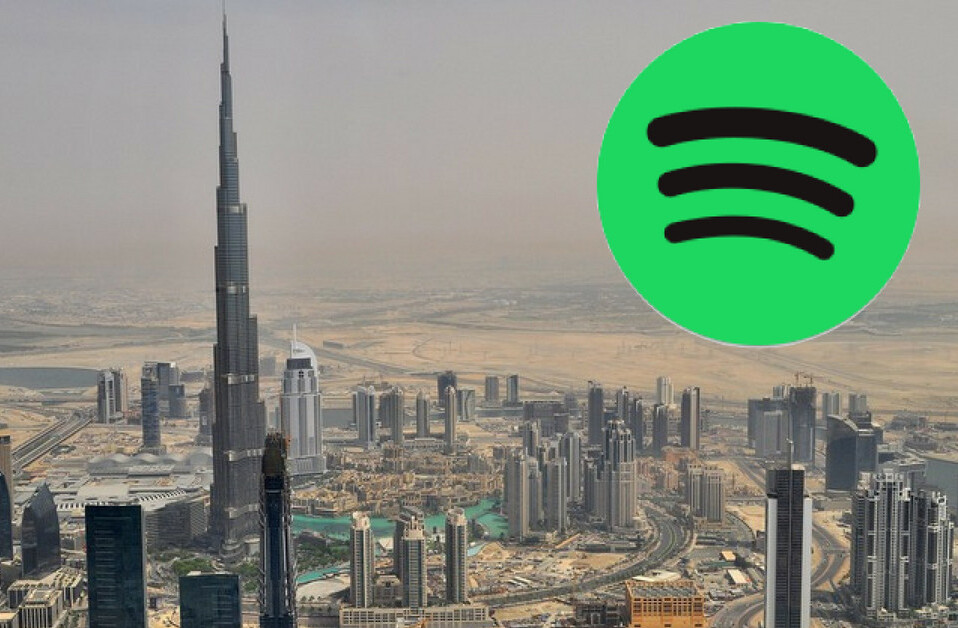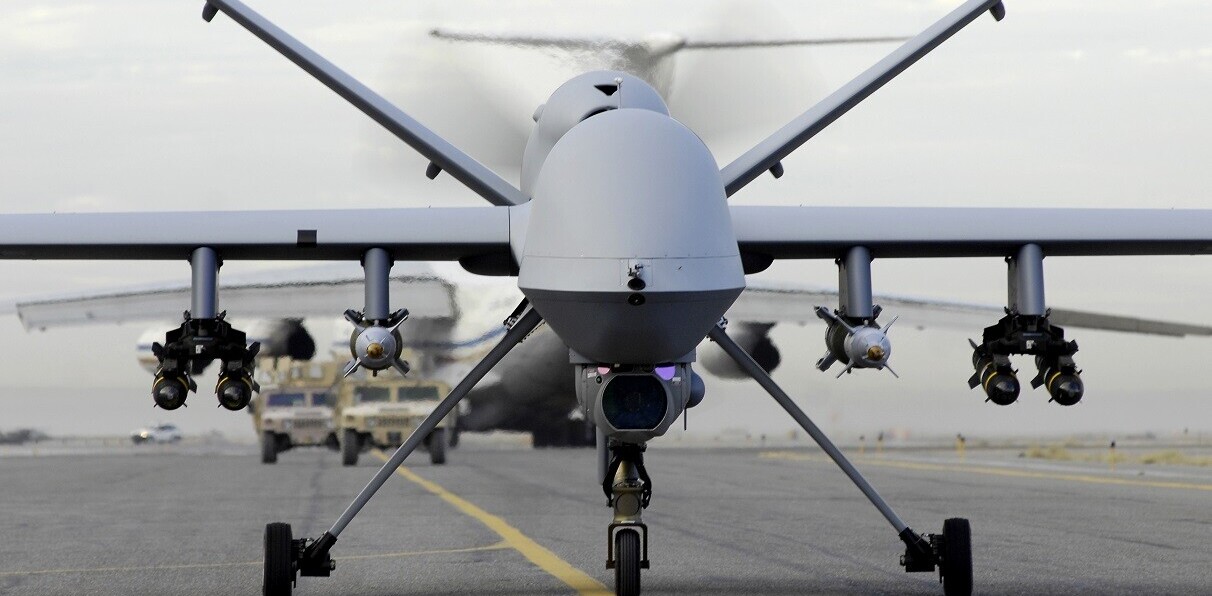
 Transtek, a Syrian company that has developed its own ERP system, has managed to overcome the challenges faced by the international sanctions imposed on Syria, a country in which American companies aren’t allowed to do any business, by leveraging those external barriers to entry and developing and growing their own system. The man behind Transtek, Abdulsalam Haykal, agreed to an email interview. Read on for an interesting perspective on entrepreneurship and opportunity where others may have perished.
Transtek, a Syrian company that has developed its own ERP system, has managed to overcome the challenges faced by the international sanctions imposed on Syria, a country in which American companies aren’t allowed to do any business, by leveraging those external barriers to entry and developing and growing their own system. The man behind Transtek, Abdulsalam Haykal, agreed to an email interview. Read on for an interesting perspective on entrepreneurship and opportunity where others may have perished.
So, let’s start: tell us a little bit about you
I’m a schizophrenic entrepreneur whose passion is in media and technology, and a great believer in the human ability to advance and affect change. This is the bright side! If you’re interested in the other side, you should ask my sister. She is our communications coordinator and knows my shortcomings as she tries to keep a lid on them :)
Tell us a little bit about your company, its history, and whether or not this is your first initiative?
Transtek started in 2000, as the need for sophisticated business applications for the medium to large size companies was increasing. Syria started a rigorous program of economic reforms in 2000. At the same time, the country was suffering from international isolation which has subsided since then, excluding the US sanctions that still continue until now. That presented a challenge for Syria’s companies and great opportunities for us. The Syrian market was off-limits to major software providers like Microsoft, Oracle, and SAP due to the sanctions. After two years of R&D we launched the first version of Compass Enterprise Suite, a 20-module Arabic/English ERP system. We were able to fill a niche with the product and local support which is extremely important for enterprise software implementations. Today Transtek is the largest enterprise software company in Syria, with about 80% of the ERP market share. and we have plans for regional expansion. We are able to attract outstanding fresh graduates who trust us to give them their first experience. Foreign companies trust us and come with partnership proposals. Syria is opening up, and growing, and we are well positioned to grab the opportunity.
Does that imply that the software market in Syria is big enough?
Transtek has been able to launch other projects related to mobile payment and mobile applications, two of which have grown into independent companies with partners from the region. But that heart of what we do remains software development as we strive to respond to the needs of Syrian firms. The market is not as big as we wish it to be, but we continue to add new products to realise more of the potential. One of the newest addition to our product line is Compass AML, a data-mining solution for banks and financial institutions to track suspicious behaviours in financial transactions according to international anti-money laundering regulations. When we started we had to create the need. Now the need is there, and we have to be competitive enough to fill it and grow that need by being providing more innovative solutions. On the blueprint for 2010 is an innovations system within Transtek, so that our team can put together ideas that can serve and benefit our clients and a larger segment of the market. The only way to grow the market in Syria is to have more competition, and we are in favor of that.
How easy was it to launch the company in Syria?
There is no easy way to answer this. Now in our 9th year, I still feel sometimes we are still a startup, that is learning from its mistakes and correcting the path as we go. Transtek was founded by my father and I. He played an important role for several years that started with day-to-day management and continues today in an advisory and supervisory role. As a businessman with many years of experience, his contribution was essential. The vision then was not as clear as it is today after the company has matured. But what made it easy for us were two things: the family business’s investment and belief in Transtek, and the great team of outstanding individuals that we have had on board since then. We made it through thanks to the dedication and commitment of our people, and what we have given them in return was not financial gain as much as it was a good corporate culture in which they can grow and achieve. We all feel we are on a journey to realise a dream. Despite the many setbacks, the cultural challenges, and the bootstrapping which we have come back to in these difficult economic times, our senior team was there. Now is a time when we are looking at models to make them partners in the company to lead the way forward.
Did you require external financing? How easy was it to access it? Or was the company self-funded?
Not so far. In that sense we were spared the hard work to look for financing, a major challenge for startups. We had to allocate the investment for it, and take the risk especially that it was outside our usual business. However, we are at a stage where we think a strategic partner can add a lot to the company in terms of market access, operational and institutional knowledge, and cross-border vision. Growth brings so many challenges, mainly and namely HR and cost control issues. Having someone that has travelled the road before can make a big difference.
Where do you see the company in three years?
Transtek still has a long way to go. We need to continue to look for talent, and standardise our business processes. Transtek is now undergoing CMMI certification, and one of our products, Compass Pharma, is being assessed for compatibility with GMP standards. We are confident that these certifications are going to pay us good on the long run as more companies in the Middle East move from the traditional family-run business model, to the family-owned professionally-run model. Demand in the Middle East is growing, and we have our eyes set on the Saudi market and the rest of the GCC. But along with that, we need to have created our complete manual that our regional partners can use. You risk making your system rigid this way, thus limiting your innovative capacity and your flexibility with clients. This is an edge that we have to keep, especially that we are company that ‘loves’ its clients, and has set its mission to help them succeed. That is what helps us standout. In the coming few years, the focus is to become a regional leader in the provision of systems and solutions that boost companies competitiveness through increasing efficiency. It’s not wise to limit our activity to Syria. In terms of general market size, Syria alone is 20 million people. But Lebanon, Jordan, Egypt, Syria, Palestinian Territories and Iraq create together a cloud of 180 million people. That gives us an indication of the potential out there.
That’s great, now tell us a little about the start-up scene in Syria. What’s it like? What challenges do you face?
Syrians are the heirs to thousands of years of civilisations and diversity. That makes the Syrian environment perfect to nurture entrepreneurs and launch great ideas. The education system, which is undergoing reform too, is not still very supporting of free initiative, questioning, critical thinking, problem solving, and thus innovation. The legal framework is not very supportive either, and entrepreneurs have to go through complicated bureaucracy to set up their company. Finally, there is the lack of access to finance, as there is very little understanding of venture capital and other financing models. There are several initiatives in place now that call into question these issues, including Shabab, which introduced entrepreneurship curriculum in schools, and the Syrian Young Entrepreneurs Association (SYEA), which has several programs including entrepreneurship competitions. Private universities in Syria, relatively young and still learning, are breeding a new generation of students that are eager to be, to do, to grow, to give, and to build. University of Kalamoon teaches entrepreneurship classes now, and we hope to be able to train entrepreneurship trainers and send them out to train others across the country. The motto in Syria now is that no nation can grow beyond the potential of its human capital, and that is the big mission that we are set to accomplish. As a believer in corporate social responsibility, Transtek supports these efforts in a variety of ways.
We recently featured a story about Syrian and Jordanian students developing some Cheap AI chips. They did this to overcome the sanctions on Syria. Do you view the sanctions as a catalyst for innovation or does it stifle your ability to innovate?
This is a great question, and the answer is that I see sanctions both as a blessing and a curse. In entrepreneurship, the barrier to entry is a crucial factor. Sanctions make the barrier low because competition is less fierce. However, it gives you a cushion that might slow down innovation if all that a country or society seeks is self-sufficiency. You need to set the bar high in order to continue to achieve and not be swiped away by the giants when they are able to come in. Sanctions can limit your access to resources, and your belonging to an international community of peers, and this limits the resourcefulness of a company. A success story like Maktoob’s wouldn’t have been possible had the company been shut away from world. Sanctions are particularly harmful for export potential as it gives a stigma, and when innovation is not marketable that impairs further innovation. Still, when you couple sanctions with a national innovation systems, and an entrepreneurship-enabling conditions, then you can expect to do well like South Africa and Ireland. Vision and leadership are what determine the level of innovation that sanctions could trigger.
What is the single most important factor for entrepreneurship to thrive in your opinion?
For youth initiative to thrive in the Arab world, the freedom ingredient has to be more abundant. The three forms of expression for young people are to submit, quit, or challenge. People that challenge are entrepreneurs and leaders. Therefore, entrepreneurship cannot boom as long as more Arabs submit or quit, depriving their societies of potential leaders that can challenge. For more people to challenge, a space of freedom has to exist, because fewer people are able to push the boundaries. I like what Rumi said, and sometime I feel he was speaking to entrepreneurs. Rumi once asked: Why do you stay in prison when the door is so wide open? Move outside the tangle of fear-thinking. In addition, at a recent Yale conference at the American University of Beirut, I called for “entrepreneurship-enabled Arab cities,” that are close to university campuses with R&D activities where quality of life is attractive and the community has a positive attitude towards private initiative. Such cities can help reverse the brain drain. I use this chance to warn again against associating entrepreneurship with poverty eradication. That sets the bar too low for entrepreneurs who are by definition innovators, change makers and leaders sought after around the world.
Have you always thought about running your own business?
I was taught from early childhood that one needs to earn their own living. That is my definition of being born with a golden spoon in your mouth, although I had the luxury of living a prosperous life ever since I was a child- and there is no implying that I’ve grown up now! :-) But that has not made me any less hungry. At the time when my father was running Transtek, I started a media company that now publishes several magazines following new regulations allowing the private sector to own and operate private media. With a great team, I charted unknown, and sometime very unfriendly, waters. My brother worries about this business today together with an outstanding group of talents. Before that I had started a PR company which failed miserably, and it was a steep learning curve for me. “But as Rumi said: Rumi to entrepreneurs: If you are irritated by every rub, how will you be polished?” But since I started thinking of myself as an entrepreneur, I have started several small businesses. On my plan is to start a small venture fund to invest in startups and early stage companies in Syria and the region.
Do you have a mentor? How has that helped you in your career to date?
I enjoy reading biographies of the best and the brightest from every walk of life, never doubting for a moment how almost impossible it is to get where they have got. Their stories of success and failure inspire me in many ways, and provide me with answers to questions and challenges. Their rise after failure gives me a lift in hard times. As for many, Bill Gates had an influence on me throughout school and college, and more recently Steve Jobs, who I always joke we share the same gene pool, taking the fact the he has Syrian genes from his biological father. From the Middle East, there are friends that I look up to like Ayman Asfari, Fadi Ghandour, Bassel Ojjeh, Naif Al-Mutawa, Habib Haddad, and my dear brothers Bob Ayan and Sami Moubayed. My life is made very rich through a great number of Syrian entrepreneurs and dedicate change-makers, most of whom are business partners, or people I work with at SYEA and other NGO initiatives.
Who do you admire?
There is some commonality with the previous question. But I have to admit that I was fortunate enough to need to look only close to home. My father’’s example, and that of my two grandfathers, were major driving forces and guiding lights. The child in me will always want to impress my mother, a person whose soft-power stems from her intelligence and incredible warmth. The only things she failed at is to get me to shed some weight, and this is not going to happen as long as she continues to make finger-licking good food. If you are around in Damascus sometime, I may let you try it :-)
What next for you and for the company?
I’m focused on growing Transtek and growing with it. However, I doubt that any entrepreneur can tell with certainty what’s next for him or her. I believe that we have to do what we can, with what we have, where we are, and let life do its wonders. And regardless of how optimistic and positive I may have sounded, the picture is never as rosy as it seems in a quick interview. We are on a constant mission to make it actually rosier. Quoting Rumi again, he once asked: “Everything you possess of skill, and wealth and handicraft, wasn’t it first merely a thought and a quest?”
So, anything interesting you’d like to tell our readers about?
I’m proud to be part of a new animation project that you will be hearing about soon, together with Bassel Ojjeh and three talented brothers whose bookshelf include several books about Pixar :-) I have just finished reading a book called “Love Leadership,” by my friend John Hope Bryant. It’s a brilliant book that entrepreneurs and leaders should read if they are looking for simple answers to complicated leadership questions.
Well, we will look forward to hearing more in about the animation project.. .Finally, a light hearted question: is there a website that you wish you’d founded?
Beside yours, Arabcrunch.net, and another one that is about to appear.
Get the TNW newsletter
Get the most important tech news in your inbox each week.




